In CodinGame learning platform, one of the questions used as an example in a C# tutorial is this one:
The aim of this exercise is to check the presence of a number in an array.
Specifications: The items are integers arranged in ascending order. The array can contain up to 1 million items. The array is never
null. Implement the method booleanAnswer.Exists(int[] ints, int k)so that it returnstrueifkbelongs toints, otherwise the method should returnfalse.Important note: Try to save CPU cycles if possible.
Example:
int[] ints = {-9, 14, 37, 102};
Answer.Exists(ints, 102)returnstrue.
Answer.Exists(ints, 36)returnsfalse.
My proposal was to do that:
using System;
using System.IO;
public class Answer
{
public static bool Exists(int[] ints, int k)
{
foreach (var i in ints)
{
if (i == k)
{
return true;
}
if (i > k)
{
return false;
}
}
return false;
}
}
The result of the test was:
- ✔ The solution works with a 'small' array (200 pts) - Problem solving
- ✔ The solution works with an empty array (50 pts) - Reliability
- ✘ The solution works in a reasonable time with one million items (700 pts) - Problem solving
I don't get the last point. It appears that the code may be more optimal than the one I suggested.
How to optimize this piece of code? Is a binary search an actual solution (given that the values in the array are already ordered), or there is something simpler that I missed?
